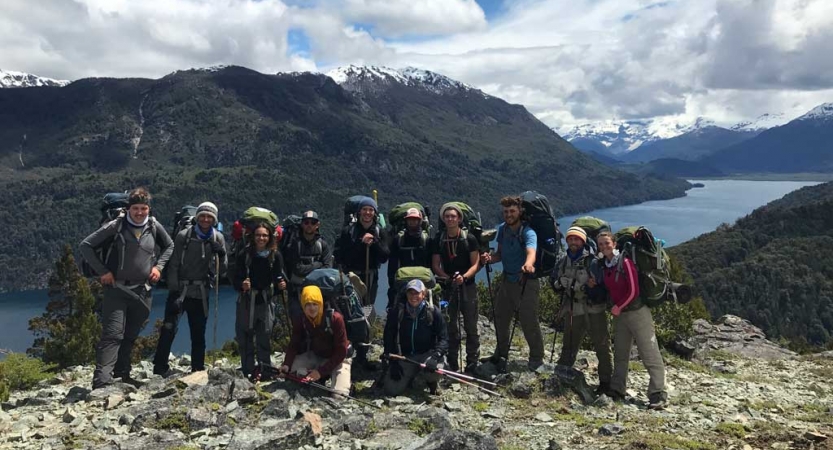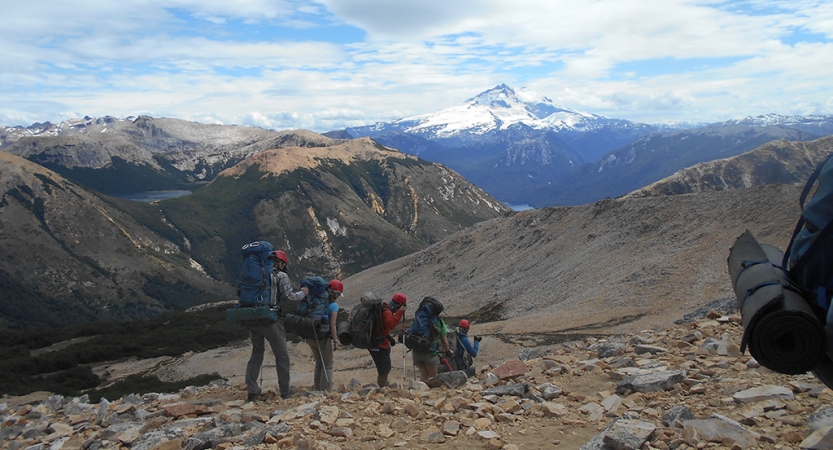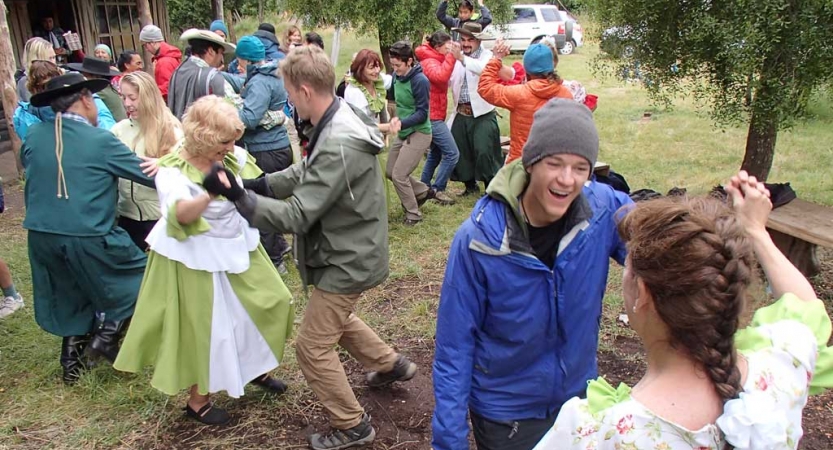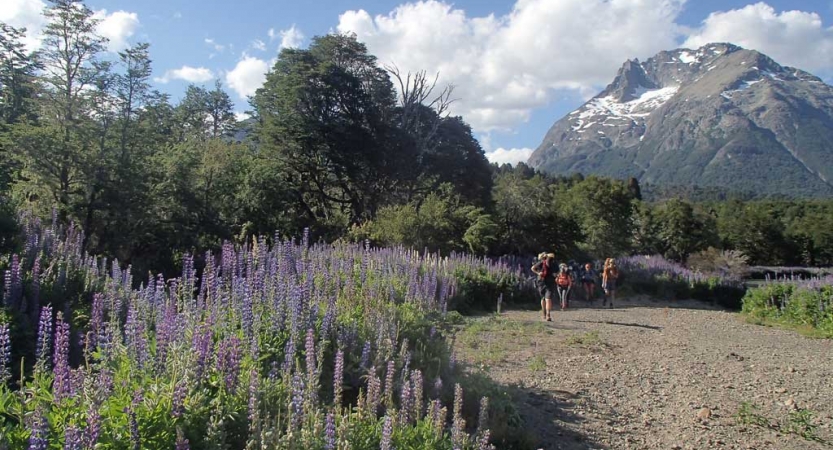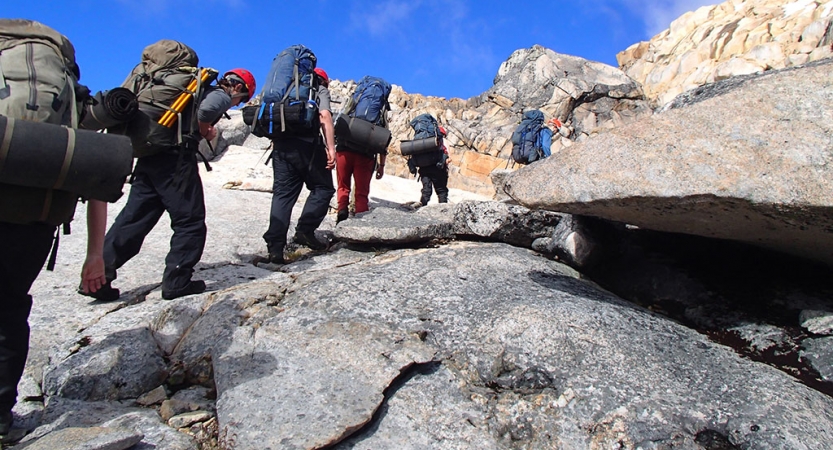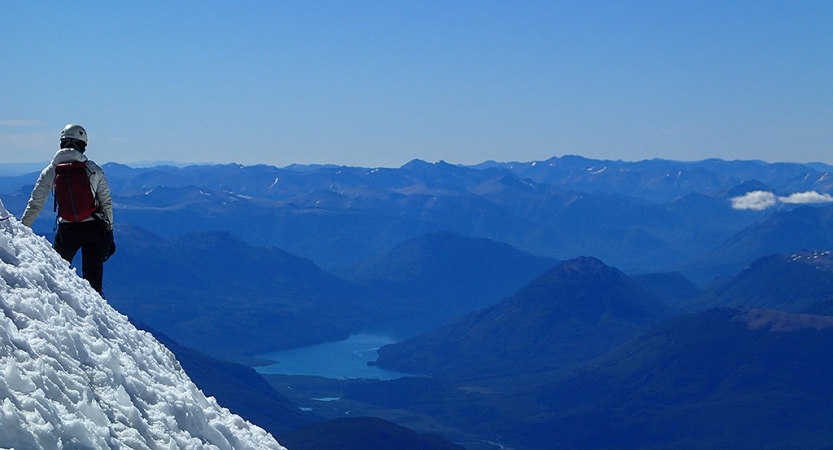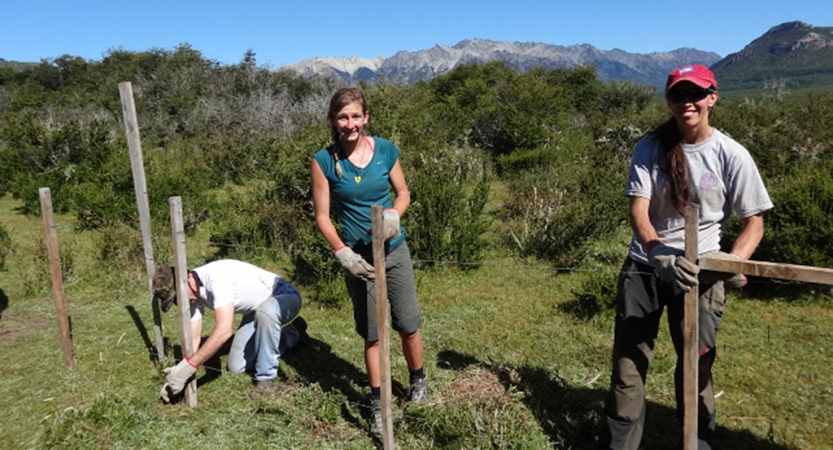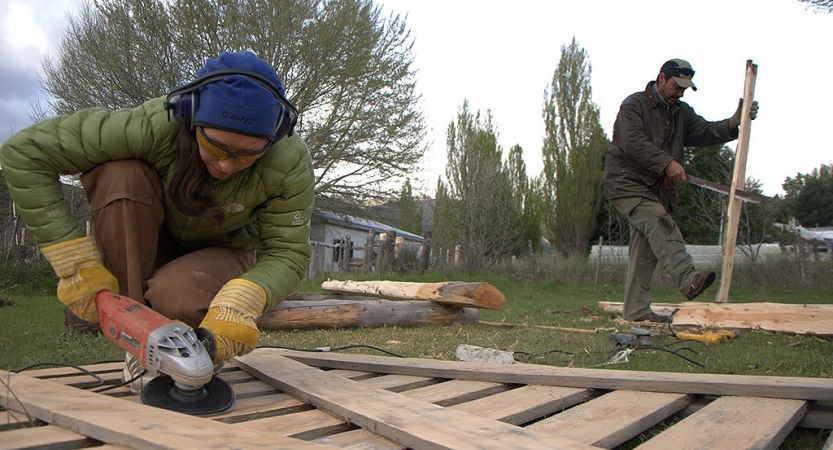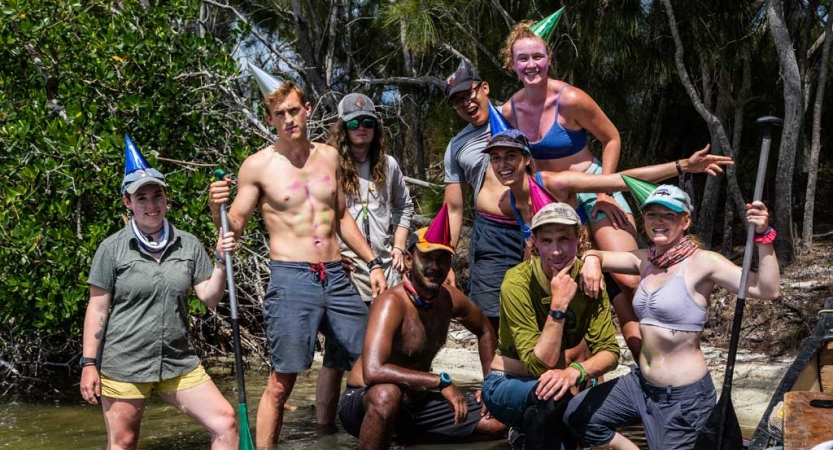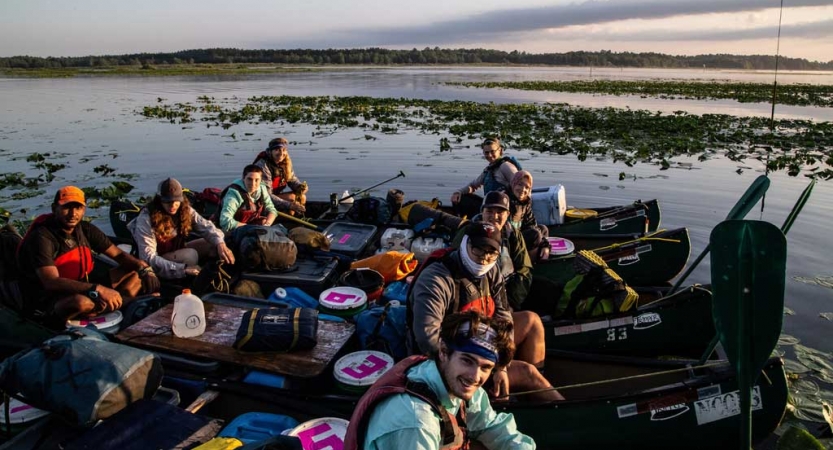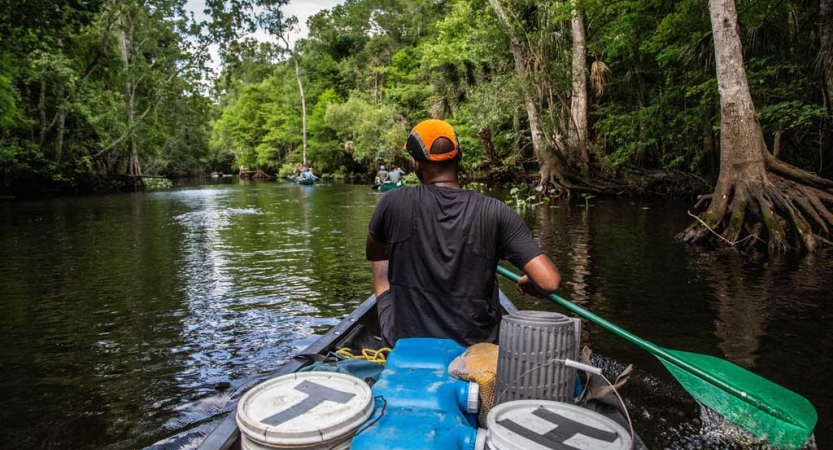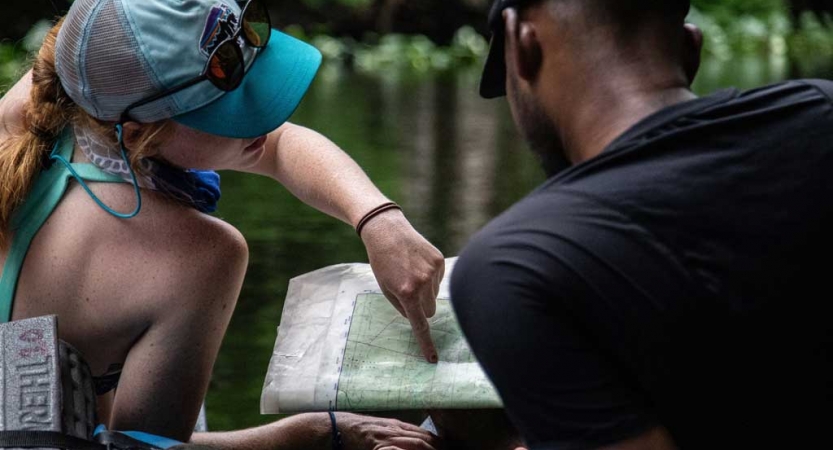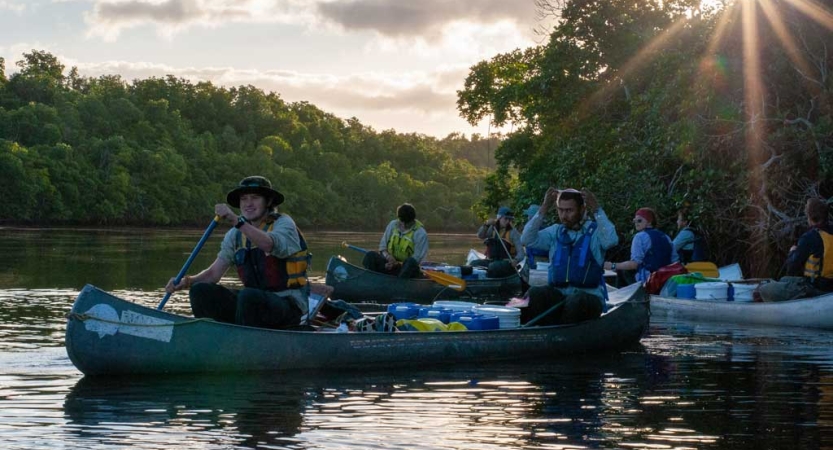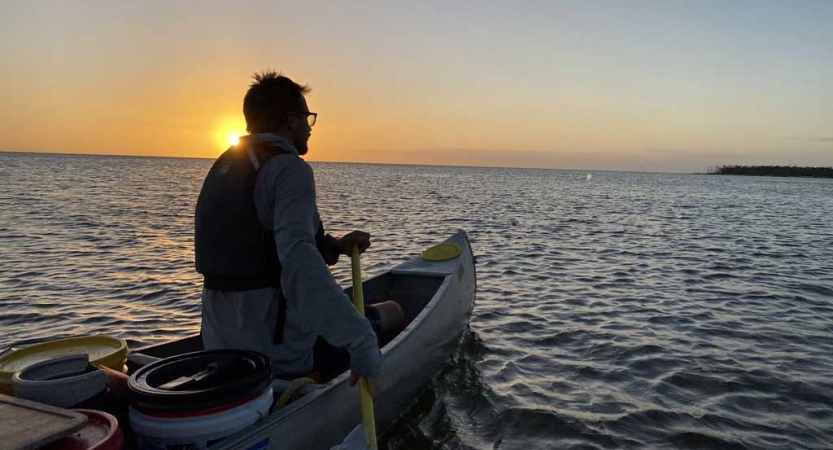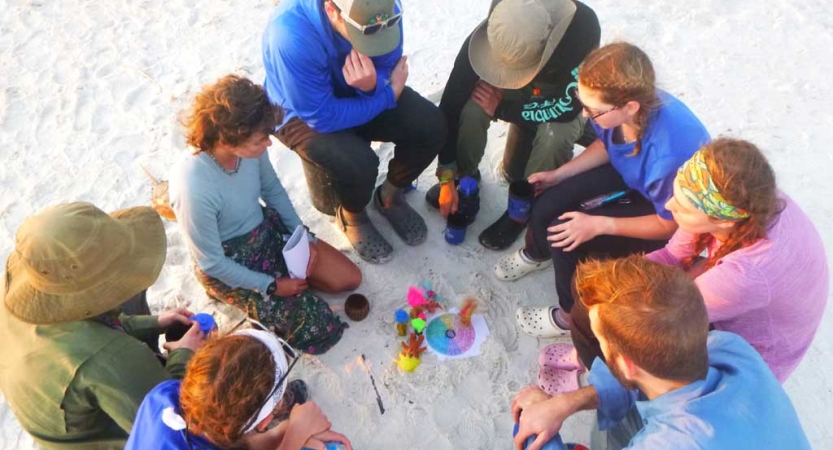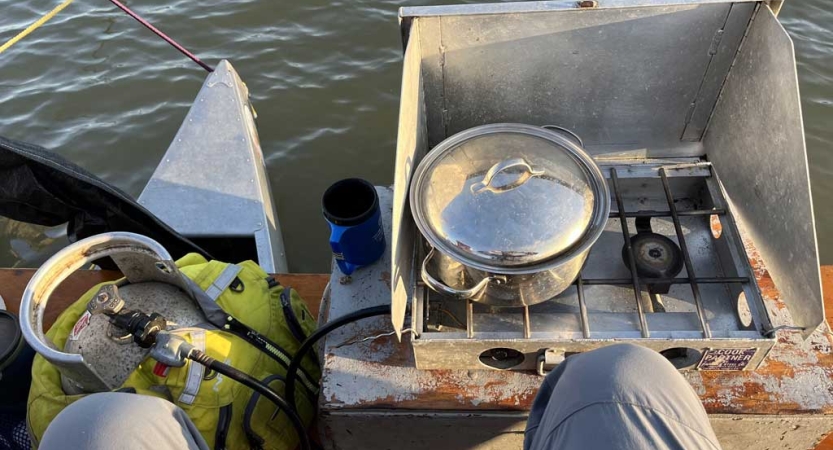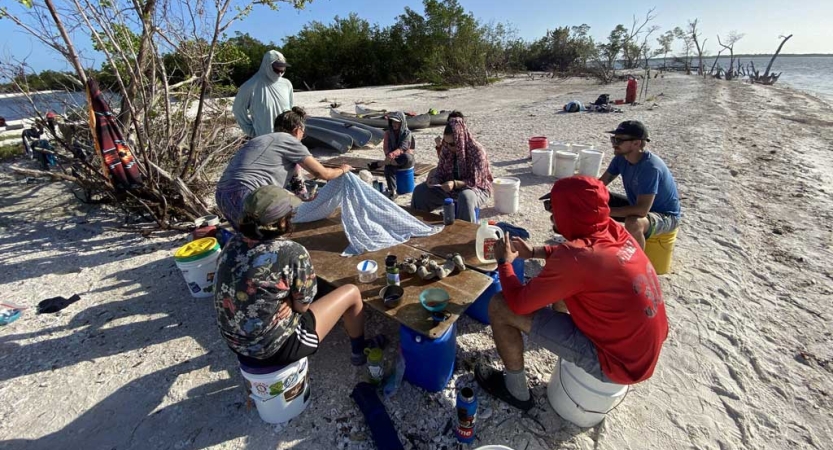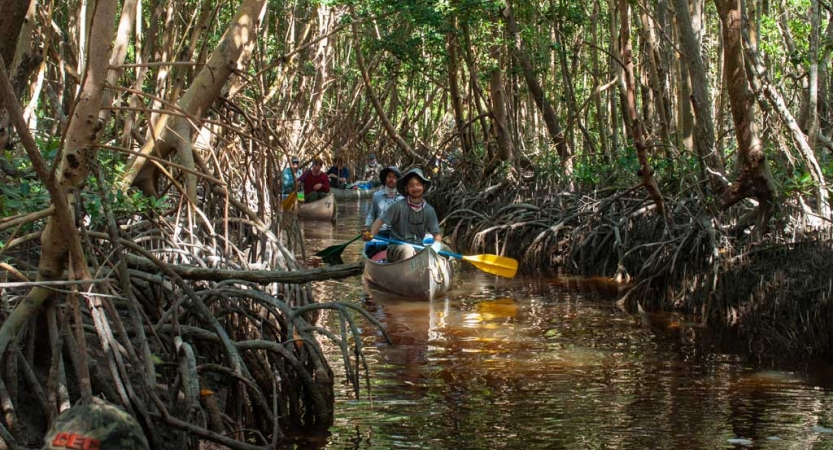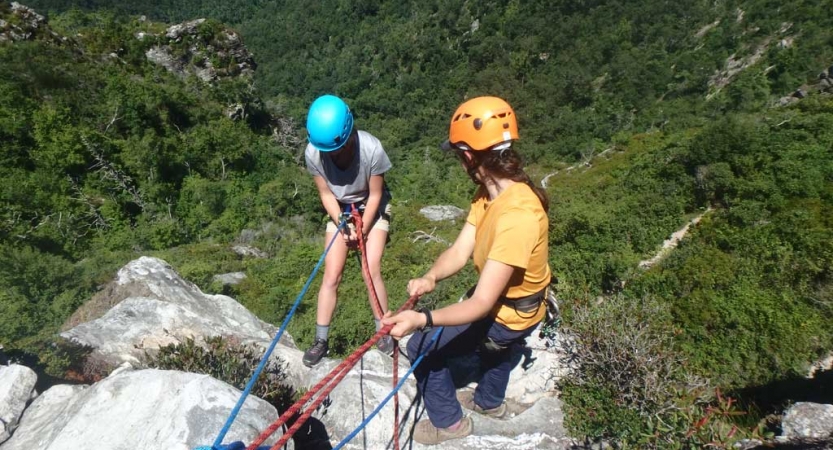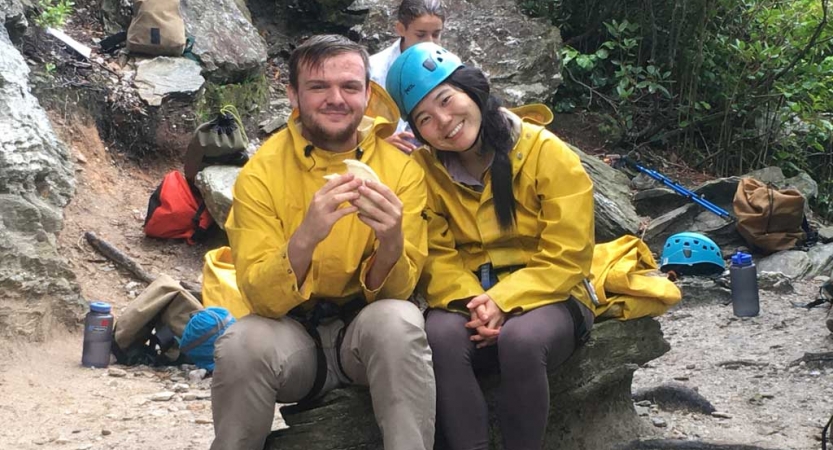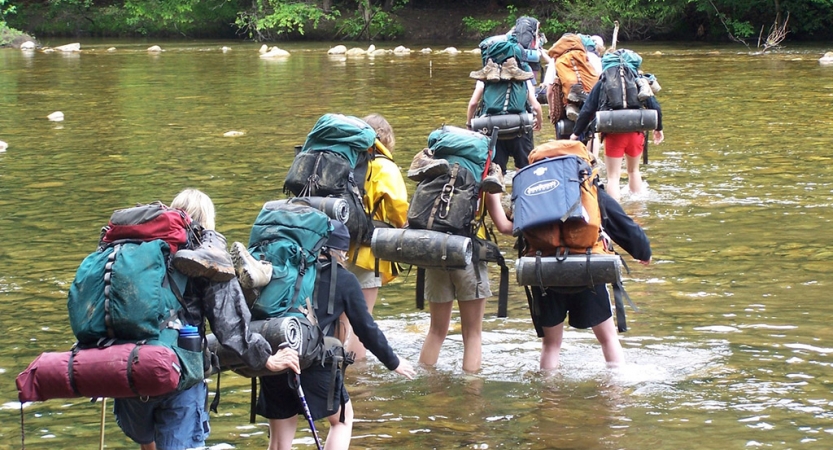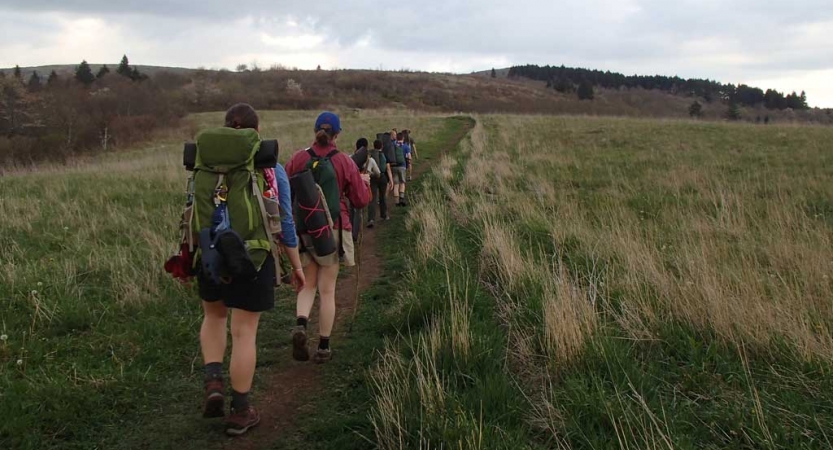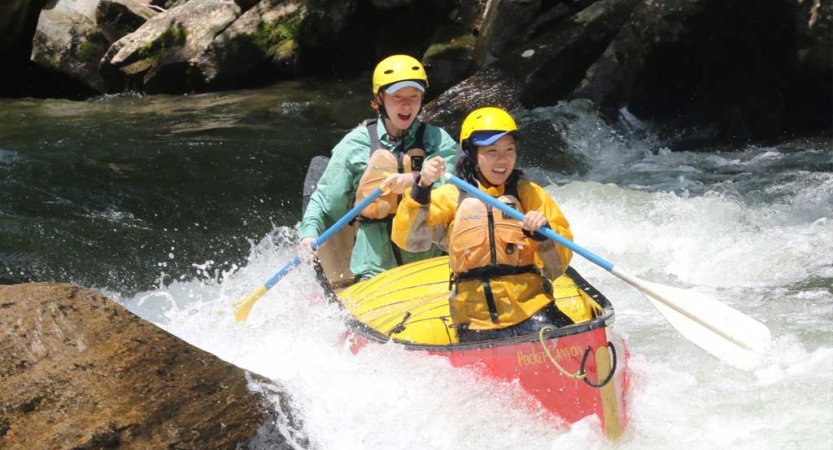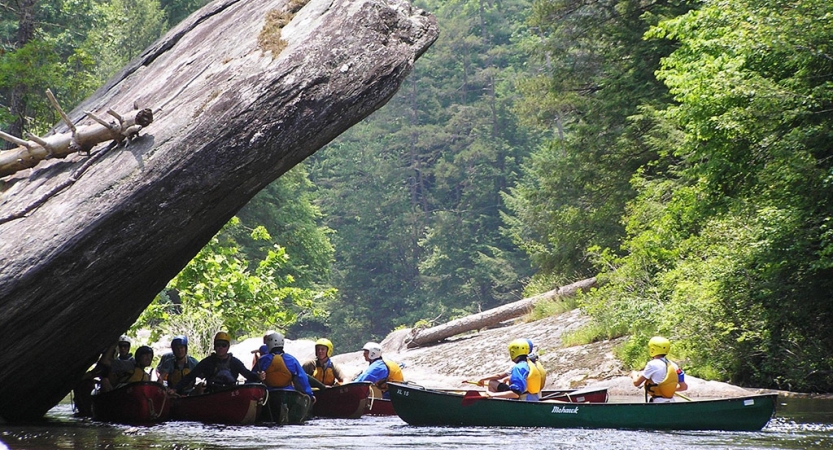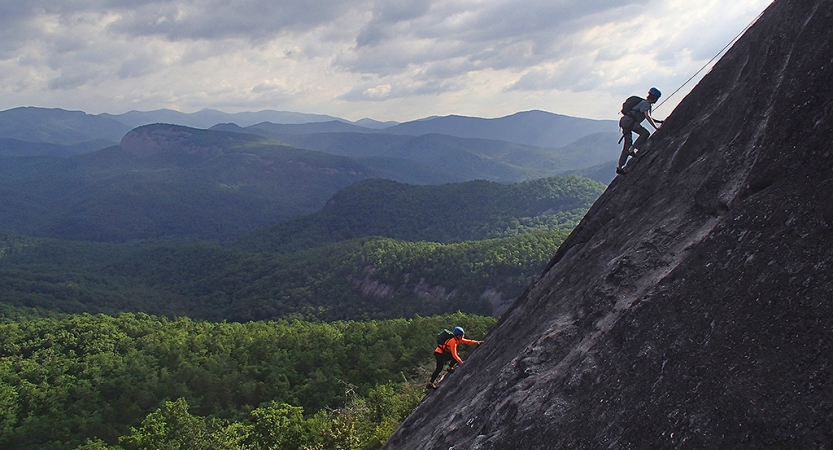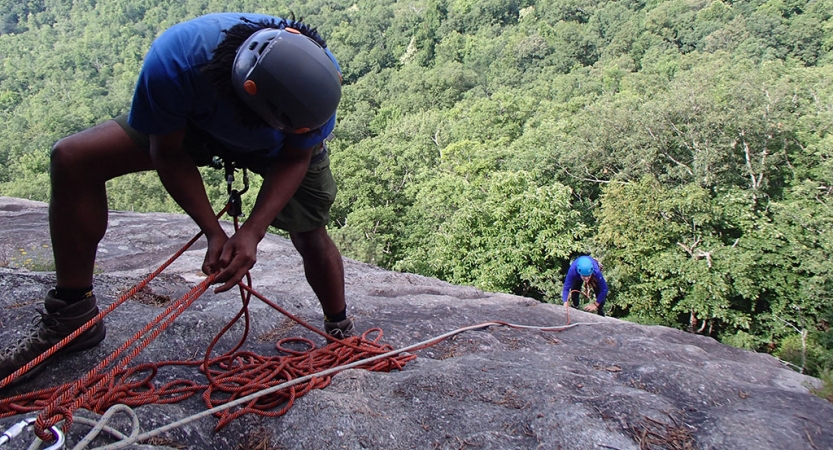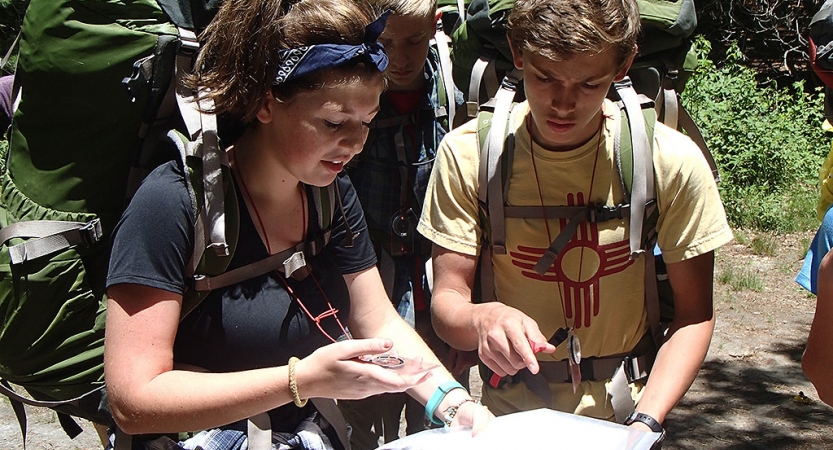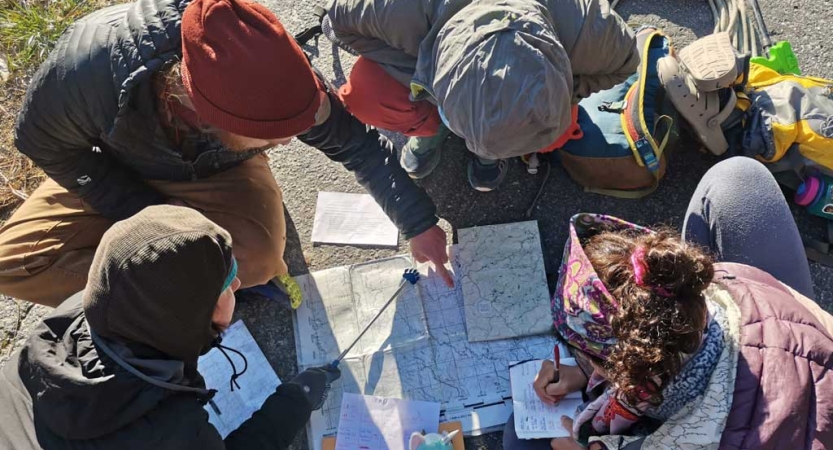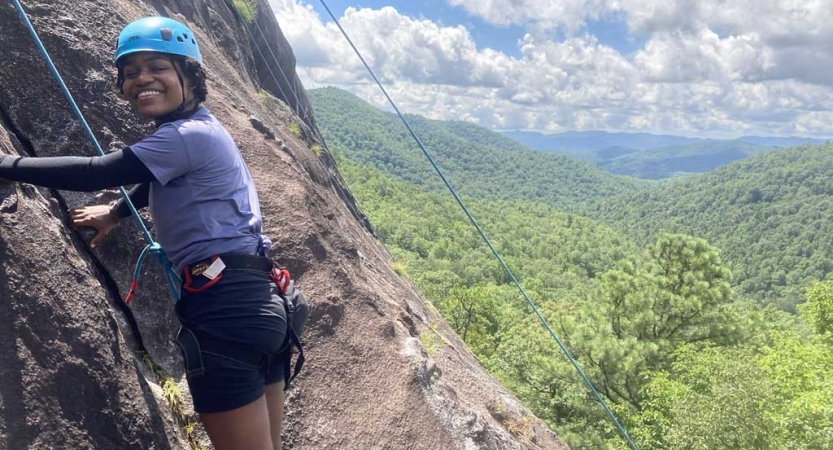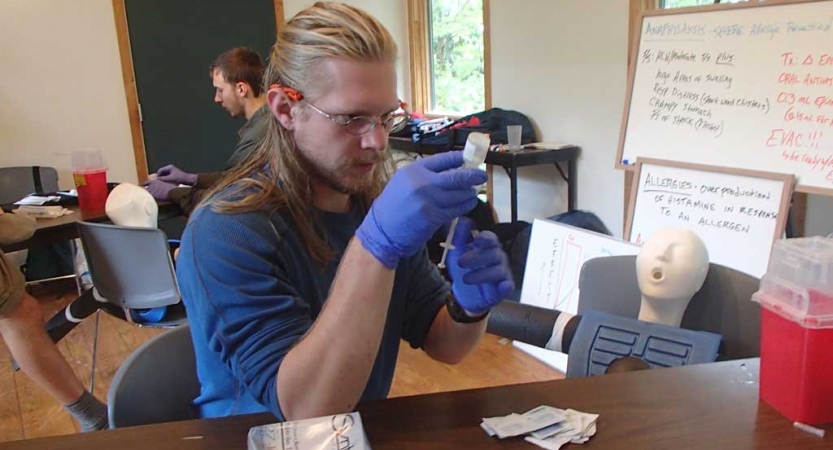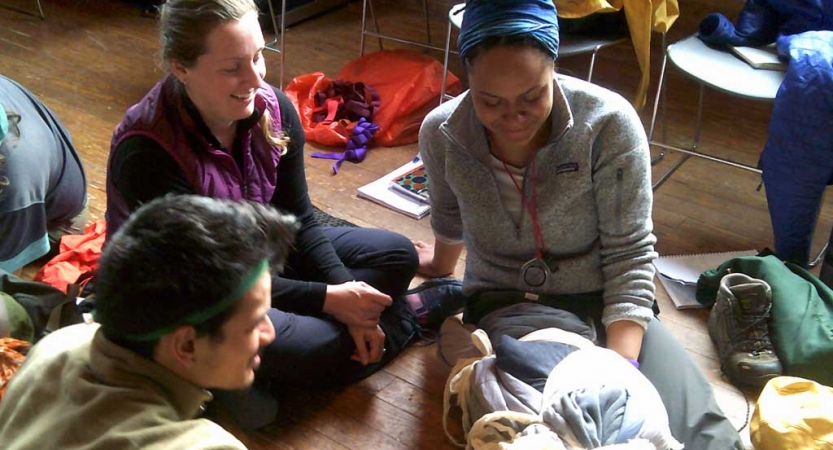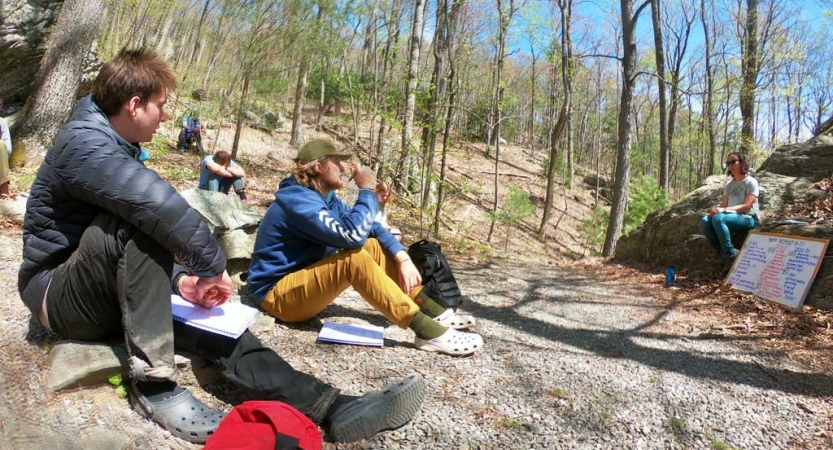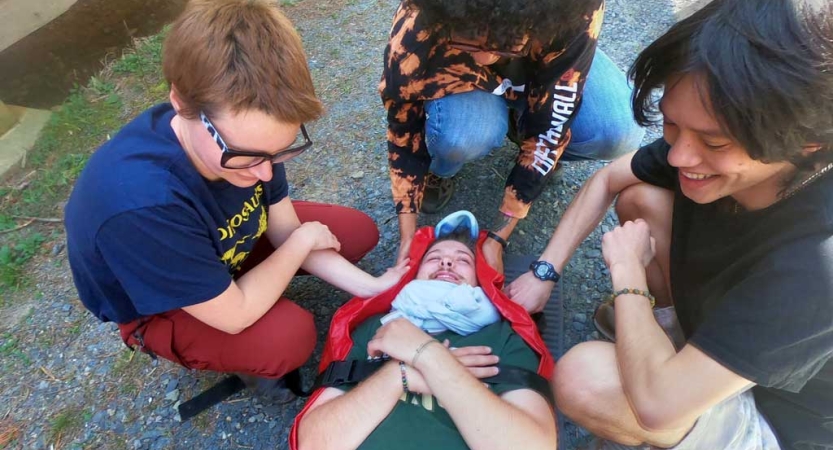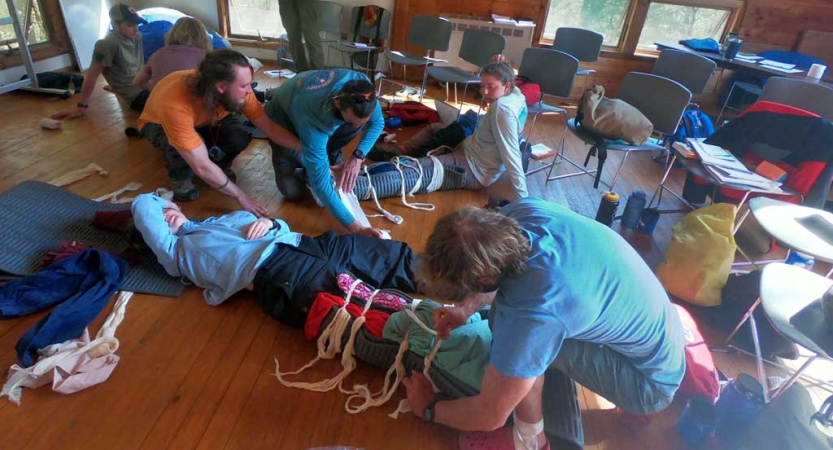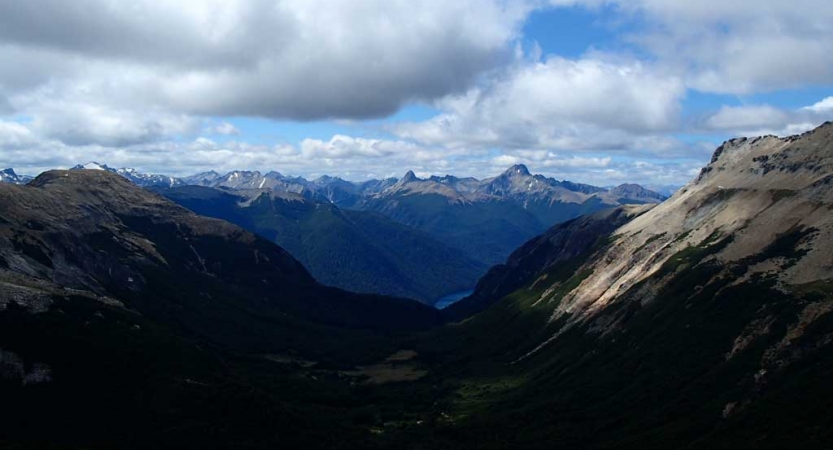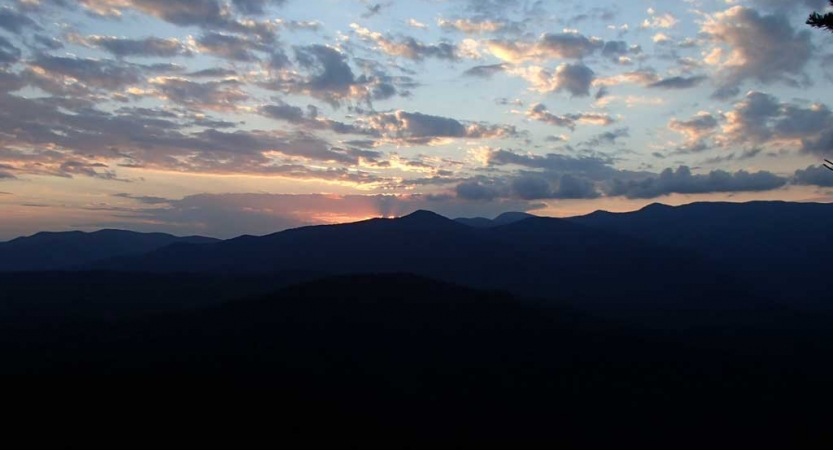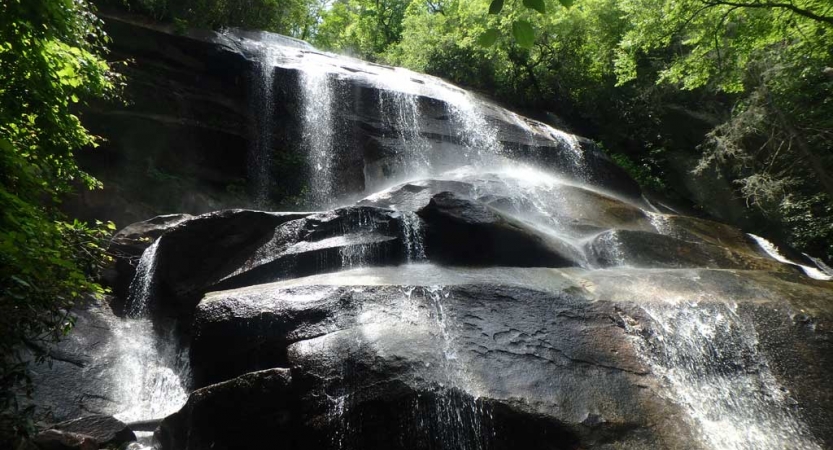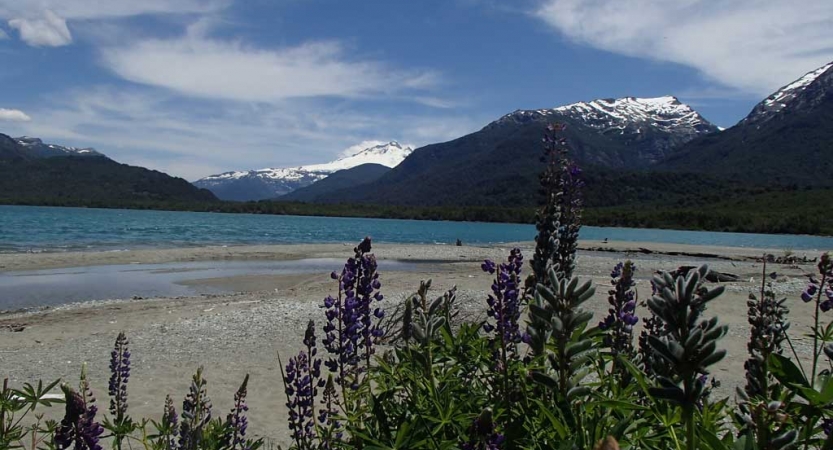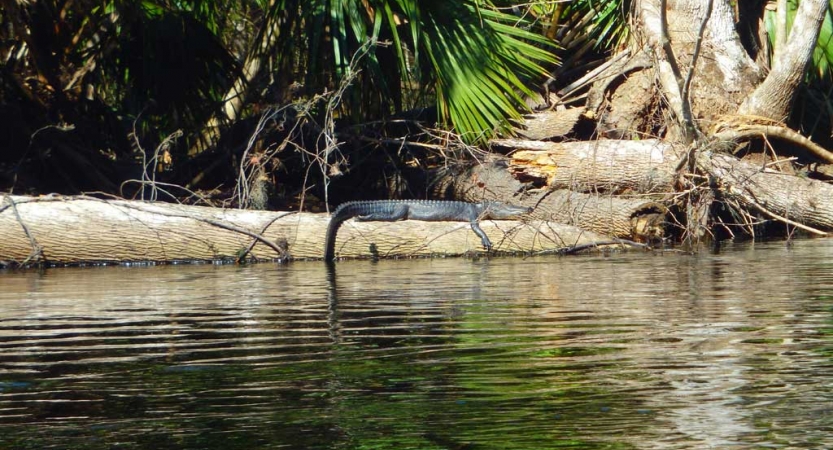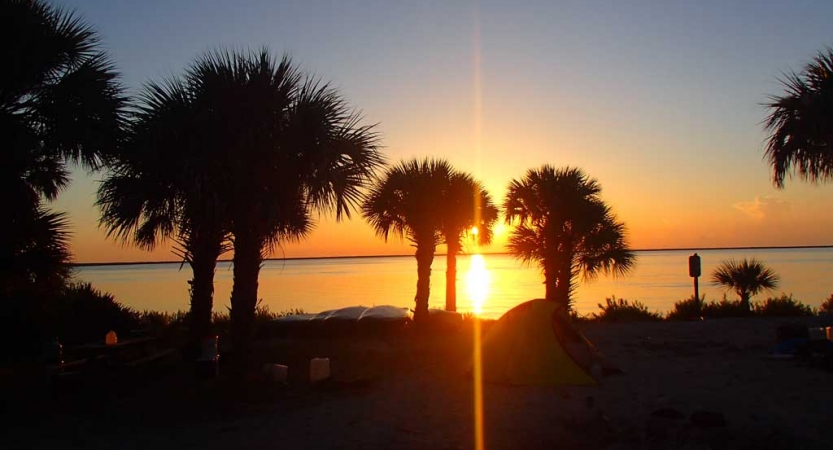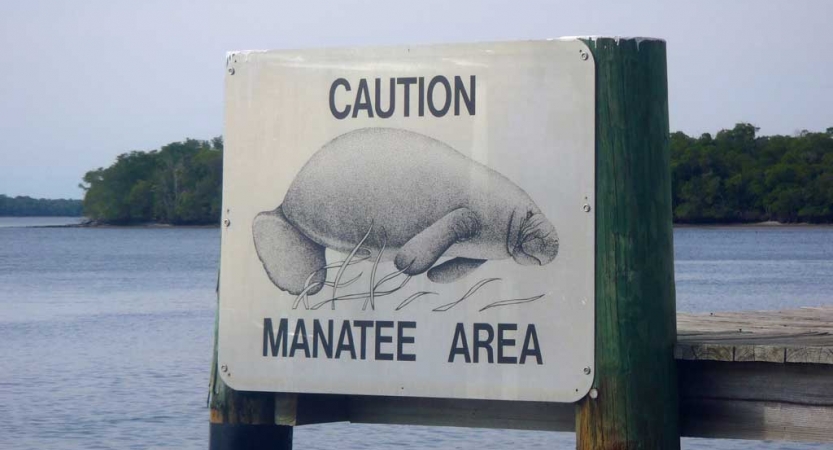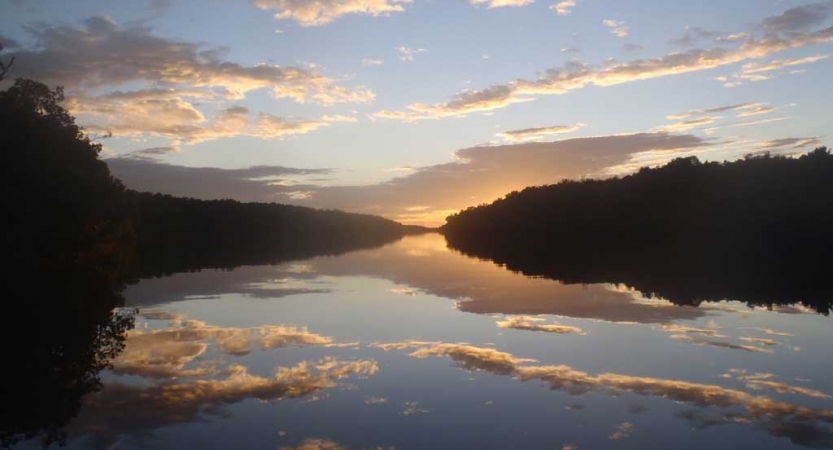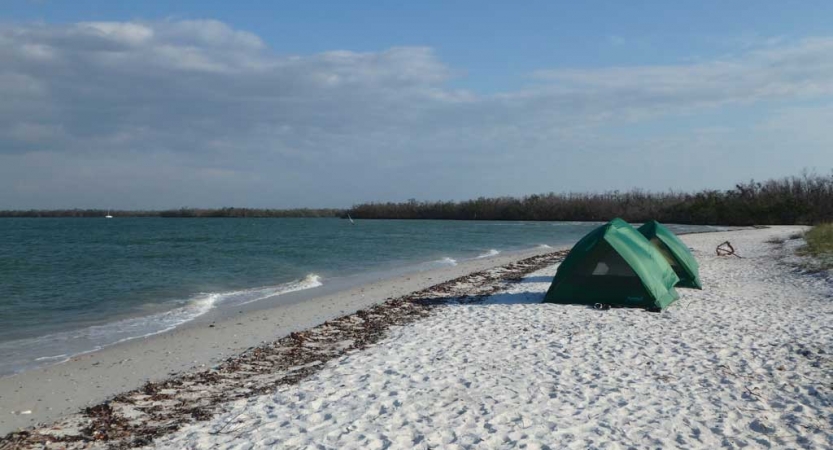-
EXPEDITIONS
-
Southwest Rafting
-
Yosemite Alpine Backpacking
-
Potomac River Canoeing
-
Penobscot Bay & Islands Sailing
-
Water Gap Backpacking, Canoeing & Rock Climbing
-
Water Gap Backpacking, Canoeing & Leadership
-
Maine Coast Sailing
-
Southwest Rafting & Backpacking
-
High Sierra Alpine Backpacking
-
Blue Ridge Mountains Backpacking & Whitewater Canoeing
-
Potomac River Canoeing
-
Costa Rica Surf & Service for Adults
-
Blue Ridge Mountains Backpacking & Rock Climbing for Adults
-
Maine Appalachian Backpacking for Adults
-
High Sierra Alpine Backpacking & Rock Climbing for Adults
-
Pathfinder Southwest Canyoneering & Rafting
-
Pathfinder Blue Ridge Mountains Backpacking, Whitewater Canoeing & Rock Climbing
-
Pathfinder Boundary Waters Canoeing & Backpacking
-
Pathfinder High Sierra Alpine Backpacking & Rock Climbing
-
Blue Ridge Mountains to Florida & Patagonia Leadership Semester
-
Maine to Bahamas Leadership Semester
-
Canyonlands to Joshua Tree Leadership Semester
-
Penobscot Bay & Islands Sailing for Girls
-
Blue Ridge Mountains Backpacking & Rock Climbing for Families
-
High Sierra Alpine Backpacking & Rock Climbing for POC
-
Colorado Rockies Alpine Backpacking for Girls
-
Blue Ridge Mountains Backpacking & Rock Climbing for LGBTQ+ Teens
-
High Sierra Backpacking & Rock Climbing for Boys
-
Ten Thousand Islands Sea Kayaking for Veterans
-
Blue Ridge Mountains Backpacking & Rock Climbing for Women Veterans
-
Ten Thousand Islands Canoeing for Veterans
-
Backpacking
-
Canoeing
-
Canyoneering
-
Dog Sledding
-
Mountaineering
-
Rafting
-
Rock Climbing
-
Sailing
-
Sea Kayaking
-
Service
-
Snow and Ice
-
EXPEDITION FINDER
CLASSIC FOR MIDDLE SCHOOL
FEATURED CLASSIC FOR MIDDLE SCHOOL
FEATURED CLASSIC FOR HIGH SCHOOL
FEATURED CLASSIC FOR ADULTS
FEATURED PATHFINDER
FEATURED SEMESTER
FEATURED OUTDOOR EDUCATOR
OUTDOOR EDUCATOR OVERVIEW INTERCEPTFEATURED INTERCEPT
INTERCEPT OVERVIEW AFFINITY GROUPSFEATURED AFFINITY GROUPS
FEATURED VETERANS
FEATURED ACTIVITIES
FEATURED SCHOLARSHIPS & ACADEMIC CREDIT
SCHOLARSHIPS & ACADEMIC CREDIT OVERVIEW PLANNING COMMUNICABLE DISEASE PRACTICESFEATURED COMMUNICABLE DISEASE PRACTICES

Program Overview
Skills
- Basic First Aid
- Basic Paddle Strokes
- Belaying a Climber
- Campcraft
- Food Preparation and Cooking
- Knots
- Map and Compass
- Natural History
- Navigation
- Rappelling
- River Reading
- Safety and Risk Management
- Self Care
- Wilderness Medicine
- Character
- Communication
- Conflict Resolution
- Empathy
- Independence
- Leadership
- Positive Risk Taking
- Problem Solving
- Resilience
- Self Awareness
- Self Confidence
- Service
Let’s Connect!
Patagonia to Florida & Blue Ridge Mountains Leadership Semester
Embark for the adventure of a lifetime on this 72-day, multi-region, international semester course.
Embark on a journey like no other as you explore the awe-inspiring summit peaks of Patagonia, navigate through the verdant, canopied forests and scenic barrier islands of Florida by river, and culminate the expedition with exciting rock climbing and whitewater paddling in the picturesque mountains and valleys of Western North Carolina. This one-of-a-kind course is meticulously crafted to foster personal growth, leadership development, and the thrill of pushing your limits in the great outdoors.
Discover the beauty of the great outdoors and unlock your true potential while forming lasting connections with your fellow adventurers. This amazing journey through Patagonia, Everglades National Park/Ten Thousand Islands National Wildlife Refuge, and the Blue Ridge Mountains offers more than just adventure. It also provides opportunities for college credit, Wilderness First Aid certification, and meaningful service projects that make a difference in the world.
Program Overview
Skills
- Basic First Aid
- Basic Paddle Strokes
- Belaying a Climber
- Campcraft
- Food Preparation and Cooking
- Knots
- Map and Compass
- Natural History
- Navigation
- Rappelling
- River Reading
- Safety and Risk Management
- Self Care
- Wilderness Medicine
- Character
- Communication
- Conflict Resolution
- Empathy
- Independence
- Leadership
- Positive Risk Taking
- Problem Solving
- Resilience
- Self Awareness
- Self Confidence
- Service
UPCOMING COURSES
What is this?
For detailed information on course availability statuses and what they mean, click here.
Course # NPGL-2681
Age 18 and up
Days 72
Cost $18,015
Dates 1/22/2026 - 4/3/2026
APPLY NOW
This means a course has several open spots and is actively processing applications.
What is this?
For detailed information on course availability statuses and what they mean, click here.
Thank you for your interest in Outward Bound!
This course starts within the next week. Please call us at 866-467-7651 to assess the possibility of applying for this course!
APPLY NOW
This means a course has several open spots and is actively processing applications.
APPLY NOW – Almost Full
This means there are three or fewer currently available spots left on a course. To secure your spot click Apply Now to begin an application!
JOIN WAITLIST
Once a course has reached capacity, three waitlist positions become available. To join a course’s waitlist, click “Join Waitlist” to begin the application process. A $500 deposit is required. This $500 deposit includes a $150 non-refundable application fee and a $350 tuition payment. The $350 tuition payment is refundable only if you cancel your waitlist application or if an open position does not become available. If a position does become available, the applicant will be applied to the open position and the Application and Cancellation Policies of the Regional Outward Bound School will be followed, including forfeiture of the $500 deposit if you cancel 90 days or less prior to the course start date.
Waitlist applicants are encouraged to complete all required admissions documents while awaiting an open position. Positions may become available up to two weeks prior to the course start date. Applicants may only apply to one course. We recommend applying to a course with open positions instead of a course that is accepting waitlist applications. If you have questions, please call 866-467-7651 to speak with one of our Admissions Advisors.
CALL TO APPLY
This means a course is very close to its start date. Although it is unlikely to secure a spot this late, you can call the National Admissions office at 866-467-7651 to discuss your options.
COURSE IS FULL
When a course has reached maximum capacity, meaning all spots and the three waitlist spots are occupied, a course will read “Course Is Full.” This means applications are no longer being accepted.
CLOSED
As a course nears its start date, the availability status may read “Closed.” In this event, a course roster has been finalized and applications are no longer being accepted or processed.
This course has given me an idea of who I want to become in life. At the beginning of the expedition I was struggling with pushing myself to do challenging things when I did not believe I had the ability. Now I am confident in my ability to push myself to do great things and reach my potential.
 Most College Savings Plans, including the 529 College Savings Plan, may be used to attend an Outward Bound expedition, thanks to a partnership with Western Colorado University. Anyone can register – you do not have to be a current Western Colorado University student. Registration is easy! Click here to learn more.
Most College Savings Plans, including the 529 College Savings Plan, may be used to attend an Outward Bound expedition, thanks to a partnership with Western Colorado University. Anyone can register – you do not have to be a current Western Colorado University student. Registration is easy! Click here to learn more.
Develop outdoor skills, enhance leadership and communication, and gain environmental knowledge in stunning settings. The goal of our Gap Year expeditions is to help you develop the confidence, knowledge, and integrity essential for effective leadership. Whether you are learning how to safely tie in on belay, deciding as a group how to navigate through new terrain, or setting up a minimum-impact campsite for the evening, you’ll be honing and practicing skills for life.
- Build Connections: Find connections with your crewmates based on support and respect (and fun, too!), and in the thick of challenges, discover there is more in you than you know.
- Value Strengths and Strengthen Values: Discover your strengths, embrace independence, and practice compassion as you support your crew.
- Learn Outdoor Skills: Hone your technical abilities as you become a master at ropes courses or swiftwater rescue techniques and Wilderness First Aid. Numerous certificates are available depending on the course, and up to 18 college credit hours can be earned along the way.
- Upgrade Your Outlook: Return home with an enriched and expanded view of yourself, the world, and what’s possible.
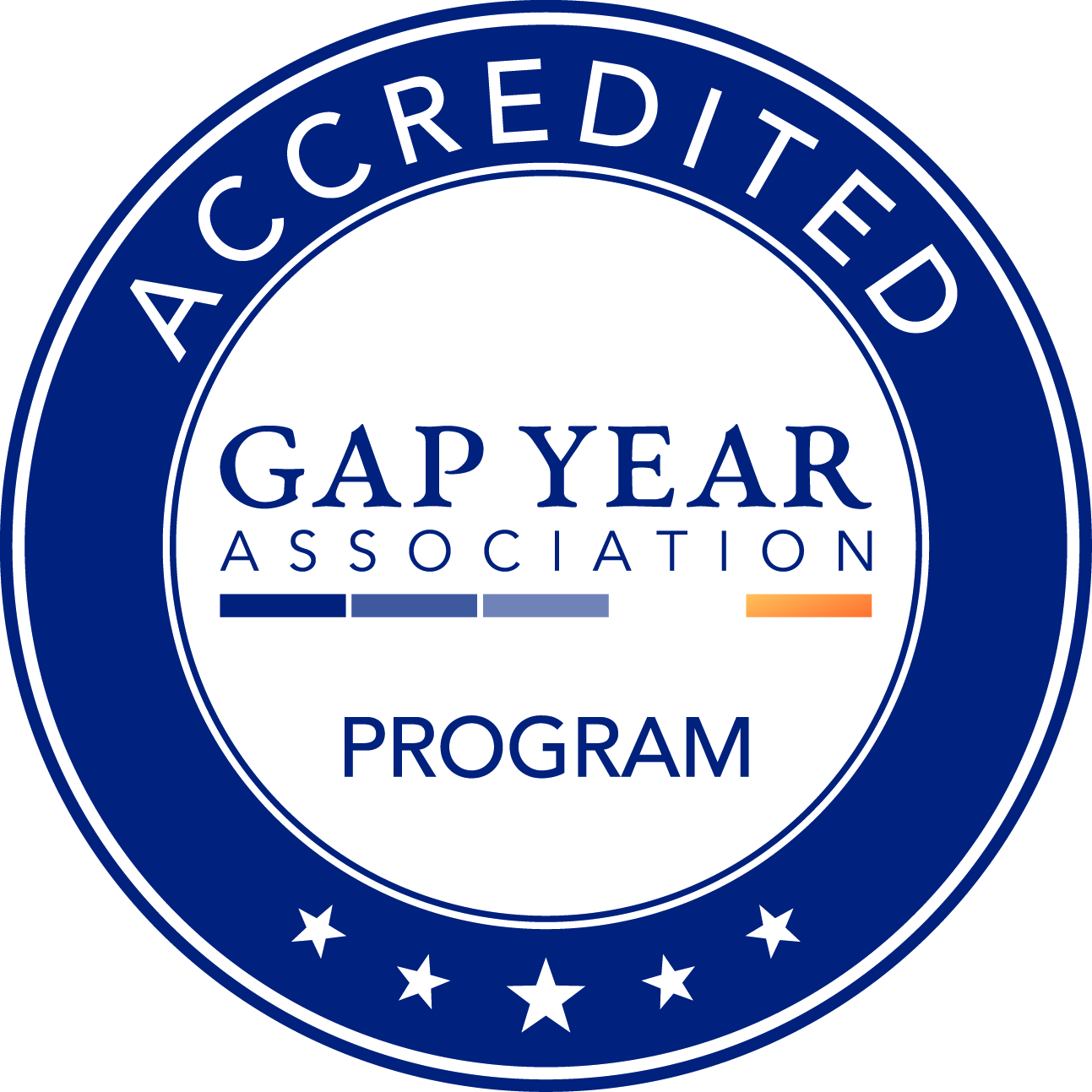
Outward Bound is accredited with the American Gap Association and is the longest running program in this elite group dedicated to providing safe, meaningful and high-caliber educational experiences to students.
During the first phase of this semester's expedition, students will have the opportunity to visit one of the world's least populated and pristine regions. In Nahuel Huapi National Park, students learn the techniques of alpine trekking and perfect their technical skills as they prepare to summit an Andean peak (weather permitting). Patagonia's unique flora and fauna, snow-covered volcanic peaks, ice slopes, and unique terrain have attracted many scientific expeditions, including those of Charles Darwin. After extended backcountry living in this unique environment, students will realize and appreciate the connection between teamwork and individual success.
While in Patagonia, students are encouraged to live in the moment and immerse themselves in the culture. In addition to trying new foods and meeting locals, students will practice giving back by completing a service project. This project could include fence building, painting homes, harvesting fruit, and building structures with local farmers. Participants can receive service learning hours for participating by notifying their Instructors prior to the beginning of the course
Our second-course phase allows students to transition into canoes, a welcome relief from backpacking. In the serene waters of the Everglades National Park and the Ten Thousand Islands, they will paddle from campsite to campsite, immersing themselves in the unique and diverse ecosystem. Navigating tandem canoes, students will form teams of two, collaborating to surmount the weather's varying challenges. Their learning will encompass marine expedition risk assessment and management, marine route planning and navigation, mastering paddle strokes, executing canoe-based rescues, proficient equipment use, and fostering effective teamwork with their paddling partner.
During the last phase, students will backpack through the plunging valleys and ancient 6,000-foot summits of the Appalachian Range in Western North Carolina. By working together to backpack through temperate rainforests, climb in and around the Linville Gorge, and paddle some of the best whitewater in the Southeast, students will step outside their comfort zones and learn to communicate with and trust their new crewmates.
The rock climbing segment of this phase is a progressive learning experience. Students start with the fundamentals, such as knot tying, safety systems, belaying, and climbing techniques. Depending on group dynamics and weather conditions, the aim is to master top rope climbs and advance to a multi-pitch route led by a climbing specialist. The experience also includes rappelling and the high ropes course.
Participants will also spend up to four days paddling Class I-Class III whitewater through sculpted rock channels in tandem (two-person) canoes. Crews learn how to identify and use paddling equipment, basic water safety and rescue techniques, paddling strokes, and work with their partner to successfully paddle flat water and negotiate numerous rapids and drops.
During the Blue Ridge Mountains phase of the course, participants can earn a Wilderness First Aid (WFA) certification. This intensive, hands-on training is designed to equip individuals with the skills to care for those who may become ill or injured in remote areas where access to medical care is limited. The certification program, offered in partnership with Landmark Learning, an accredited organization, will include classroom lectures, demonstrations, and realistic scenarios where participants will be challenged to apply their learning to mock patient situations. Upon completing the WFA and CPR components, students can apply for academic credit for this certification.
There is a significant value in taking the time to reflect on experiences to achieve profound discovery. The solo experience provides individuals with an opportunity to be immersed in solitude amidst the wilderness for a period ranging from 30 minutes to 24 hours. This unique experience allows participants to disconnect from the demands of daily activities and immerse themselves in nature without any distractions. Throughout the course, students can separate from their group for short periods, known as "mini-Solos," which are carefully chosen by instructors to provide as much solitude as possible. These designated sites are within emergency whistle-signaling distance of other group members, ensuring safety. Participants will be equipped with all the necessary gear, food, and water, with the top priority of safety during their solo experience.
Outward Bound courses vary in length from 4 to 85 days (about 3 months). In shorter courses, participants will receive an introduction to leadership skills, strength of character, and a desire to serve, while activities fill up most of the time and the pace is quick. With longer courses, the same outcomes and benefits are achieved with the opportunity to reach a more profound level of mastery as there are more chances to develop technical skills, receive and implement feedback, and further personal development. However, no matter how many days the expedition lasts, the strength and impact of the experience lasts a lifetime.
Rock climbing, canoeing, and wilderness navigation techniques are excellent practices for the essential skills and habits that help prepare for new challenges at school, work, home, and the community. Outward Bound expeditions encourage students:
- to remain engaged and present, giving every challenge the best effort, even when the goal seems beyond reach.
- to form a team and focus on the team effort.
- to share responsibilities, communicate, and lead. Leadership roles are shared within the group, and responsibilities rotate each day.
- to find reserves of tenacity and compassion. Outward Bound courses are designed to expand and stretch your limits so that every expedition is a true accomplishment and a memorable journey.
Patagonia, South America
In southern South America lies a land untouched, growing wild and rugged. As one of the least populated regions in the world, Patagonia is a semi-arid plateau that covers over 250,000 square miles (about the area of Texas) in Argentina. This remote wilderness boasts dramatic landscapes and is famed for its adventures and adventurers. From its isolated mountain valleys and snow-clad volcanic peaks to its glaciers and waterfalls, Patagonia has few equals in lands of exploration. Students visit Bariloche (population 108,205) in the foothills of the Andes on the southern shores of Nahuel Huapi Lake and surrounded by the Nahuel Huapi National Park. Established in 1934 to preserve local flora and fauna, it is the oldest national park in Argentina and the largest in the region, with an area of 2 million acres (about the area of Puerto Rico). These regions are the ancestral lands of the Mapuche and Tehuelche nations.
Florida Everglades and Ten Thousand Islands
The Florida Everglades is the largest subtropical wilderness in the United States and the third-largest national park in the lower 48 states. The aquatic preserve is home to various wild creatures and exotic plant life. More than 350 species of birds, 300 species of fresh and saltwater fish, 40 species of mammals, and 50 reptile species live within it. Because of this, it is one of only three locations in the world to show up on the following lists: an International Biosphere Reserve, a Wetland of International Importance, and a World Heritage Site.
The Everglades are mild and pleasant from December through April, with low humidity and clear skies. Temperatures reach average highs of 88 degrees and lows of 54 degrees. Strong cold fronts may occasionally create near-freezing conditions, but such events are rare in this subtropical climate. These regions are the ancestral lands of the Calusa, Miccosukee, and Seminole nations.
Blue Ridge Mountains, NC
The Blue Ridge Mountains, or Southern Appalachians, is one of the oldest mountain ranges in the world. While the mountains formed over 250 million years ago, some rocks underlying the region are over a billion years old. The Southern Appalachians' long geologic and evolutionary history has created one of North America's most biologically diverse regions. Some even say it is "rainforest-like."
This region is home to beautiful rushing rivers, hundreds of waterfalls, and some of the highest peaks in the Eastern United States—including Mt. Mitchell (elevation 6,684 feet), the highest point east of the Mississippi River. Its diverse landscapes have been featured in many motion pictures, including The Hunger Games and The Last of the Mohicans.
Outward Bound students can expect to share the wilderness with over 700 kinds of trees, more than 50 types of mammals, 150 types of birds, and over 50 species of amphibians. The vast numbers of trees and plants give these mountains their namesake. Trees put the 'blue' in the Blue Ridge Mountains from the organic chemicals they release into the atmosphere, thereby contributing to the distinctive color of these mountains. Temperatures in this area range from 50 to 85 degrees in the summer, 30 to 65 degrees in the spring and fall, and 10 to 50 degrees in the winter. These regions are the ancestral lands of the Cherokee.
Course Stories
This course has given me an idea of who I want to become in life. At the beginning of the expedition I was struggling with pushing myself to do challenging things when I did not believe I had the ability. Now I am confident in my ability to push myself to do great things and reach my potential.
OTHER COURSES YOU MAY LIKE


Blue Ridge Mountains to Florida & Pata...
Courses: 1 date available Ages: 18+ Length: 72 Days Cost: $18,015 Details & Dates

Costa Rica and Panama Leadership Semester
Courses: 3 dates available Ages: 18+ Length: 50 - 65 Days Cost: $13,150 - $18,175 Details & Dates

Maine to Bahamas Leadership Semester
Courses: 1 date available Ages: 18+ Length: 80 Days Cost: $19,980 Details & Dates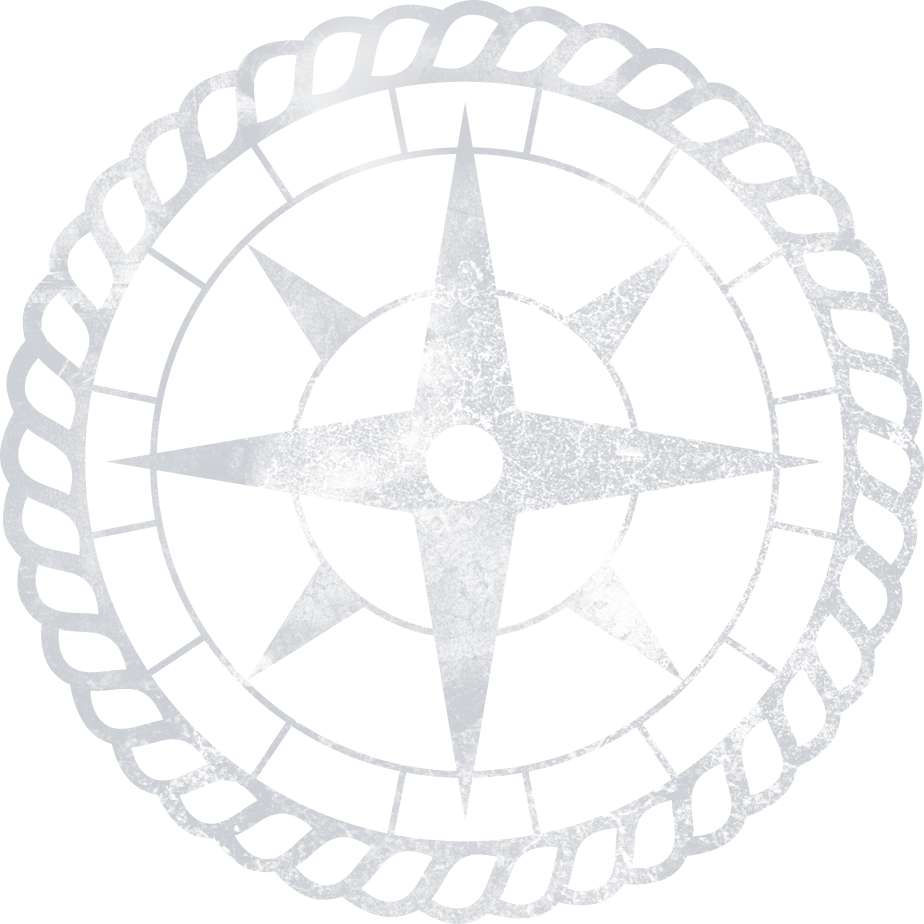
Getting Started
If you are ready to enroll on a course click the enroll button next to the course you wish to select or you can enroll over the phone by speaking with one of our Customer Success Specialists (toll-free) at 866-467-7651.
To secure your spot on a course you must submit an enrollment form and $500 deposit that is applied toward the total cost of the course and includes a $150 non-refundable enrollment processing fee.


